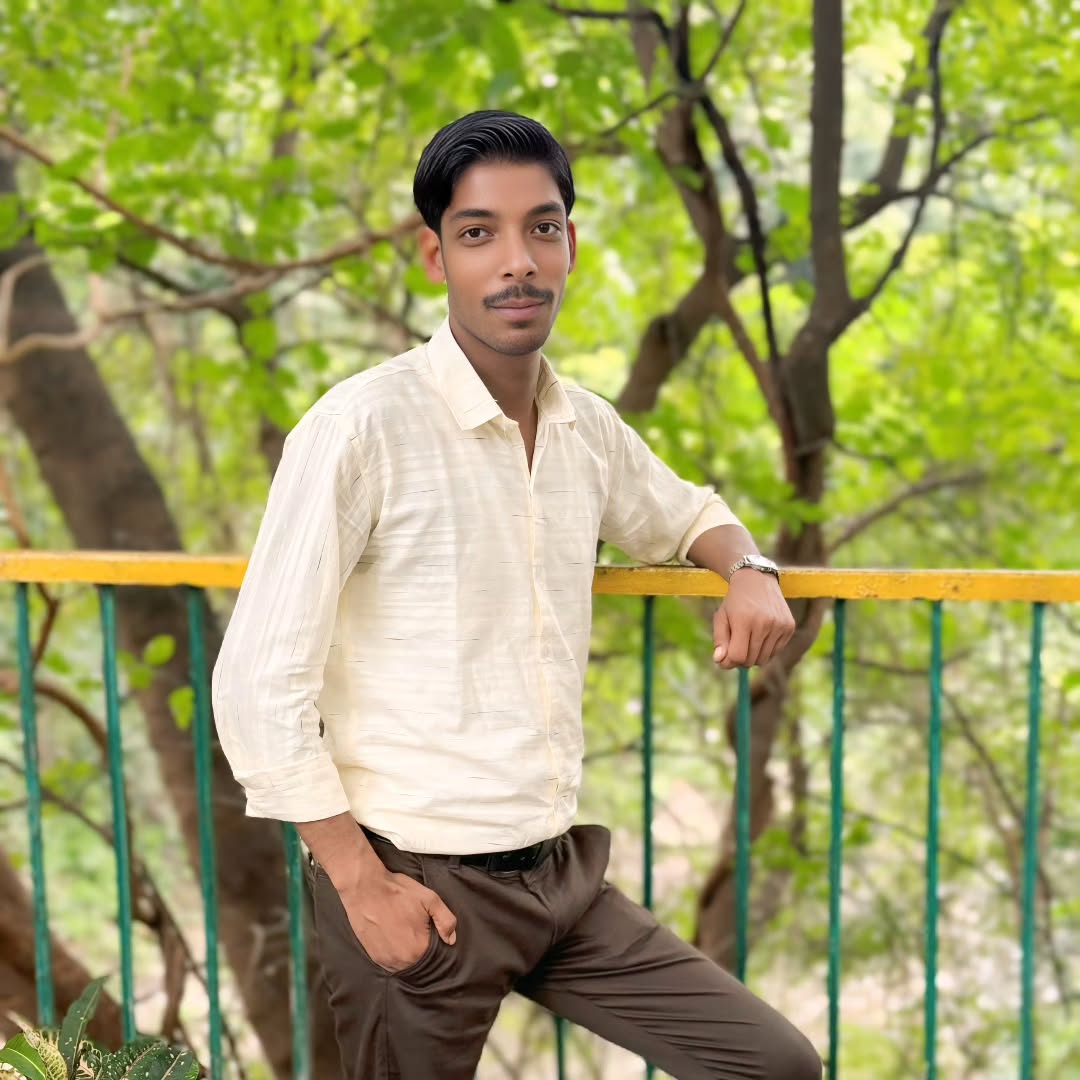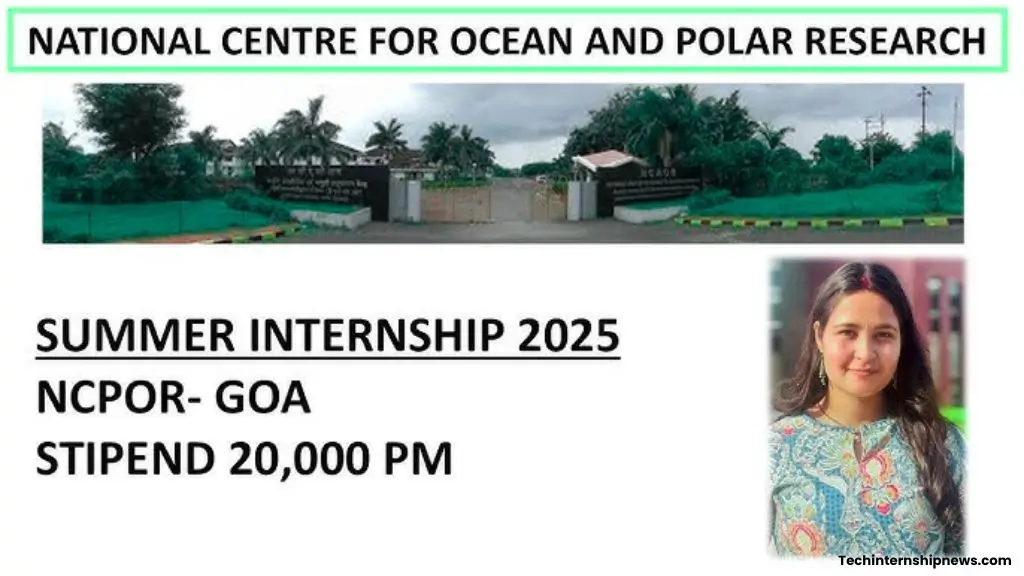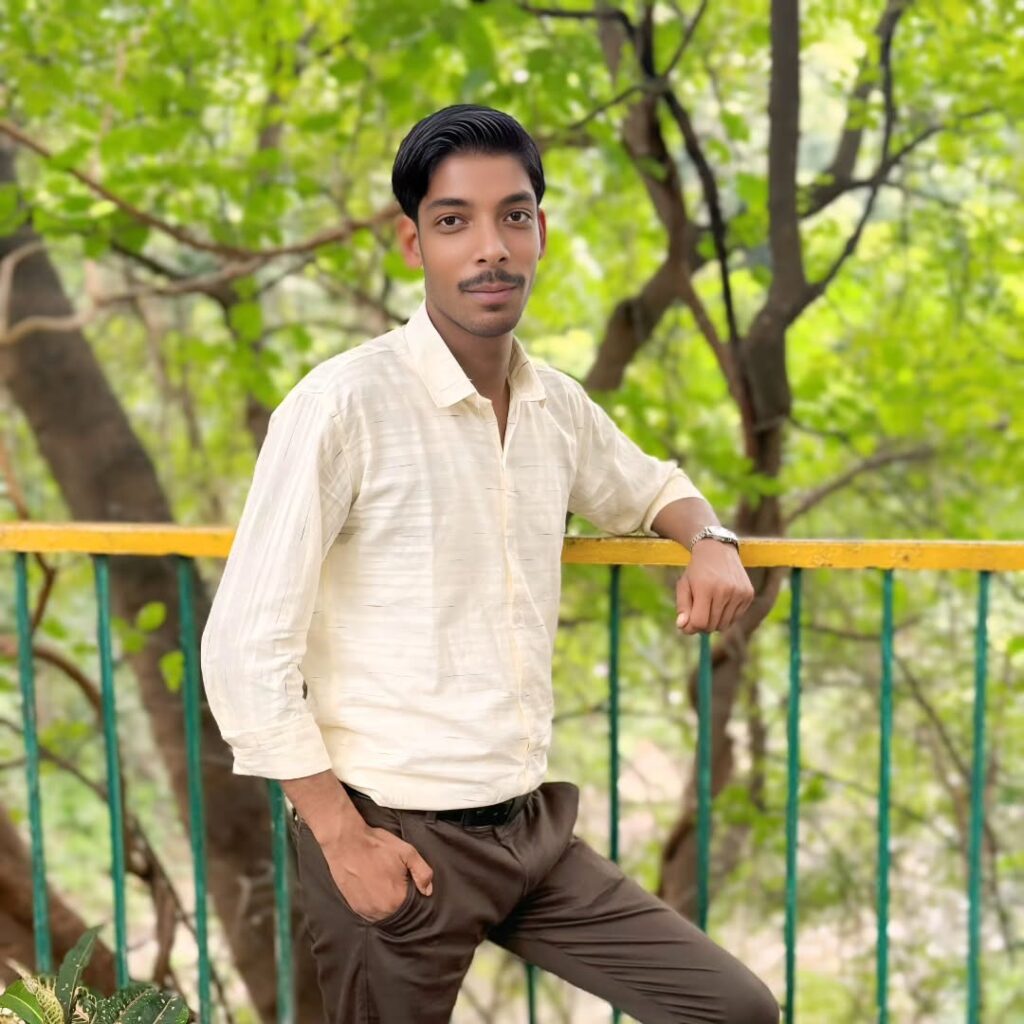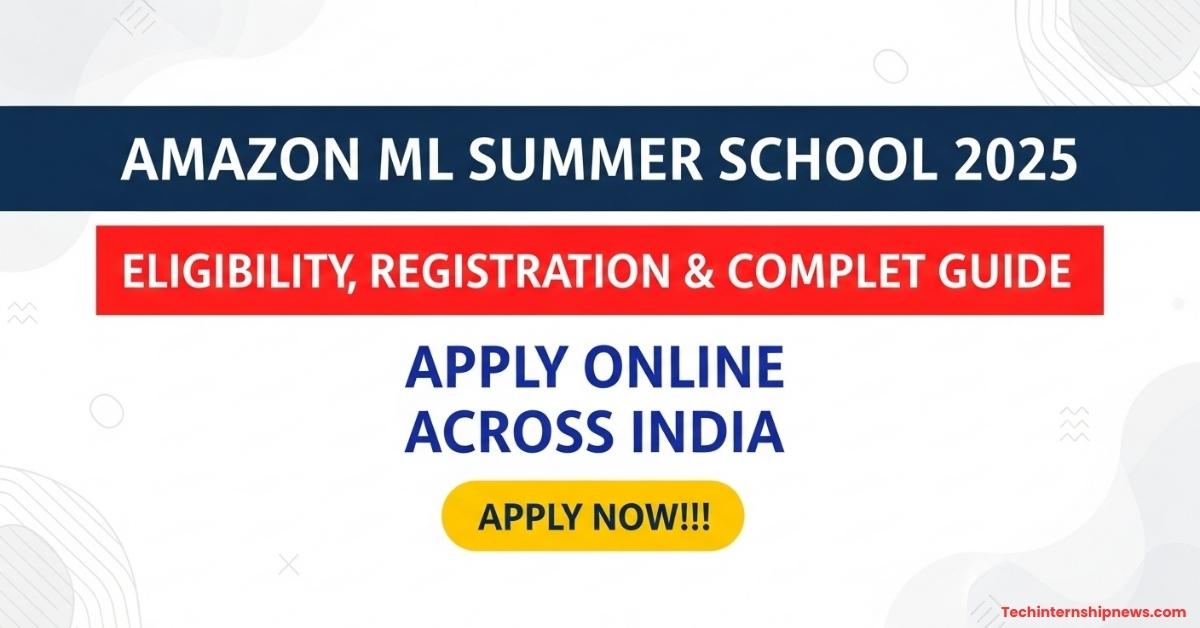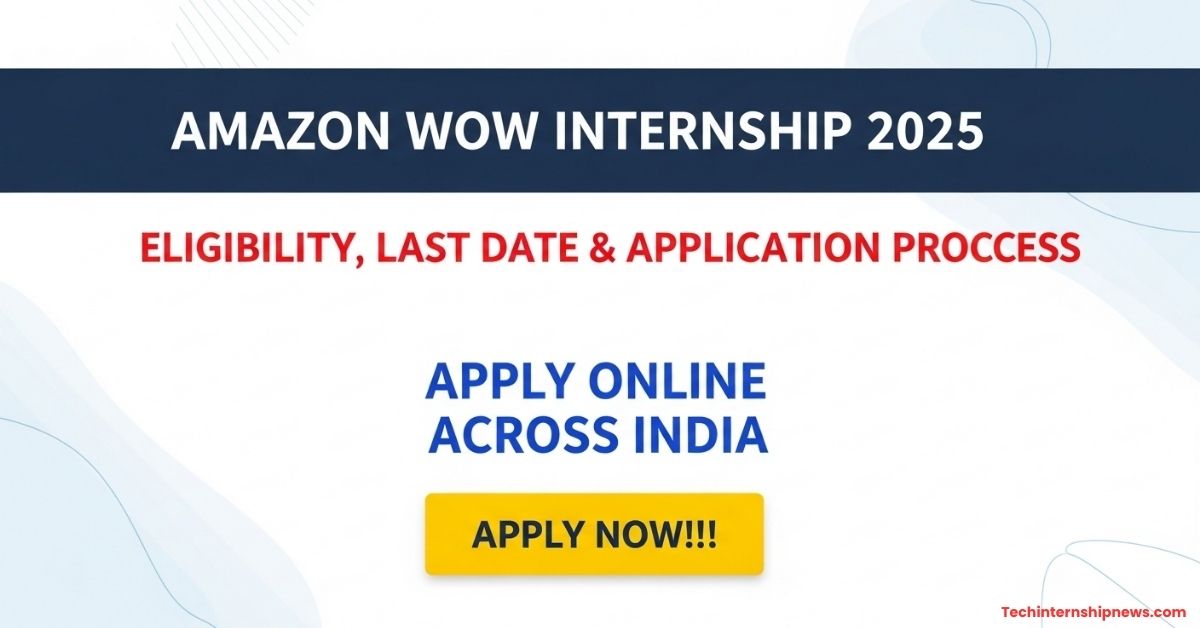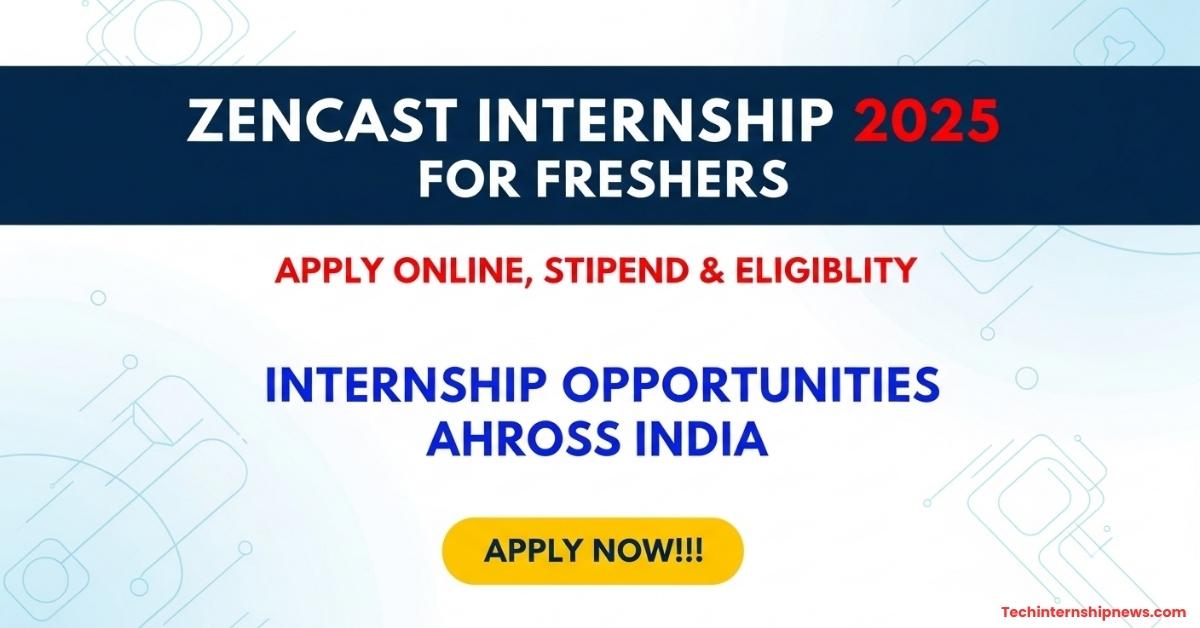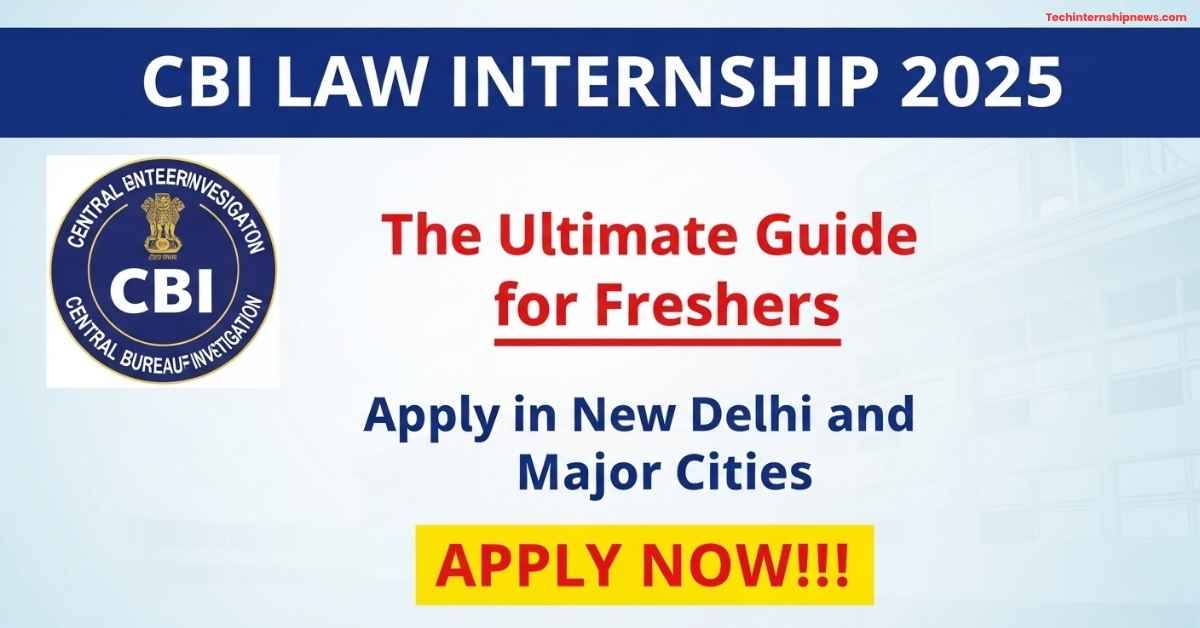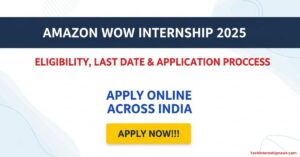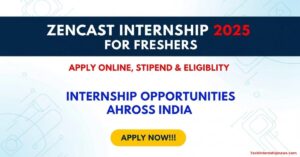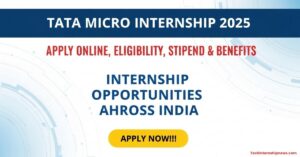If you’re a student who cares deeply about wildlife or conservation, finding the right internship can feel overwhelming. I’ve met hundreds of college students stuck between passion and practical career choices, wondering which step to take first. As someone who has blogged about jobs and internships for over seven years, I’ve seen how a good internship—especially with an organization like WWF-India or the Wildlife Institute of India (WII)—can truly launch a career in environmental sciences.
This article is your clear, step-by-step guide to both the WWF-India and WII 2025 internships: from stipend details, eligibility, and how to apply, to the real benefits you’ll gain. Whether you’re an undergrad, postgrad, or international student, you’ll find everything you need to start your journey in conservation with confidence.
What Makes WWF-India and Wildlife Institute of India Internships Special?
These internships aren’t just about adding a brand to your resume. WWF-India and WII are the gold standards for practical, hands-on learning in India’s conservation field.
WWF-India is one of the most respected conservation organizations in the country, working to protect biodiversity and promote sustainable practices. Interns get to work on real conservation projects, education outreach, ecological surveys, and communications.
Wildlife Institute of India, on the other hand, is India’s premier research and training institution in wildlife science. WII offers internships with a strong research focus—think ecological monitoring, policy research, or wildlife census work.
Typical tasks and experience:
- Field surveys and data collection in real habitats
- Research assistance on live conservation projects
- Education and outreach initiatives in schools or communities
- Data entry, communications, and social media for conservation campaigns
Who thrives here?
- Students with a strong interest in wildlife, conservation, or environmental science
- Those who can adapt to both office tasks and on-ground fieldwork
- Self-motivated learners looking for mentorship and professional growth
WWF-India Internship Overview
WWF-India internships usually run for one to three months and can be full-time or part-time, depending on the project. Areas of work include field surveys, data analysis, education, research support, and even content creation or communications. Both on-site and hybrid options may be available depending on the project and current guidelines.
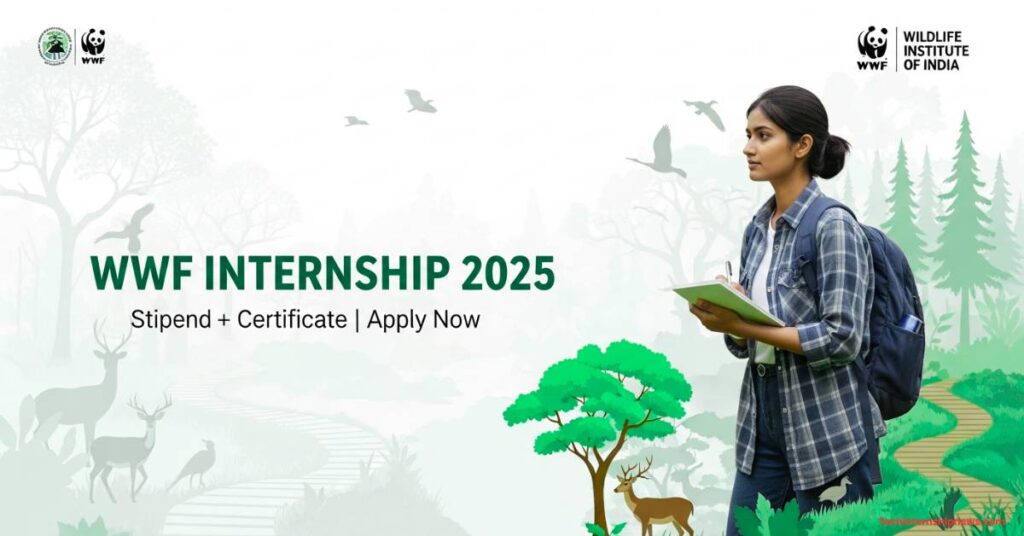
Eligibility: Undergraduates, postgraduates, and even international students can apply. Academic interns (for dissertation or academic credit) need a recommendation letter from their institution.
General process: Fill out a form, submit your documents, and indicate your areas of interest. WWF-India prioritizes candidates who show genuine passion and a willingness to learn. For more details on the structure and ethos, see the official Internship at WWF-India page.
Wildlife Institute of India Internship Snapshot
WII internships often last from six weeks to three months. These programs are project-based and focus on real research—like ecological monitoring, wildlife policy, or field-based studies.
Who qualifies? Undergraduate and postgraduate students in relevant fields (life sciences, environmental science, forestry, etc.), both from Indian and international universities. Selection for paid internships depends on project funding, with most academic or dissertation-based roles being unpaid.
Structure: These are highly academic and suit students needing dissertation support or aiming for a research career. Application forms and more information are available on the official WII Internships & Dissertations page.
How to Apply, What You’ll Earn, and the Benefits You Can’t Ignore
Securing an internship at WWF-India or WII involves clear steps. Here’s what you need to know to get your application right, understand stipend options, and see the real career value these programs offer.
Step-by-Step Application Process for WWF-India Internship 2025
- Visit the official page: Go to the WWF-India internship portal.
- Download the application form: The form is available on the site.
- Prepare your documents:
- Updated CV/Resume
- Recent photo ID proof
- For academic interns: Letter of recommendation from your institution
- Fill out the form carefully: Include your preferred start and end dates, and clearly mention your project areas of interest.
- Submit your application: Email the completed form and documents to the address mentioned on the application page.
- Wait for confirmation: WWF-India typically responds within a few weeks, especially for rolling applications. Keep an eye on your email.
Extra details and updates about the application process can be found on pages like WWF-India Summer Internship 2025.
Applying for Wildlife Institute of India Internship 2025
- Check eligibility: Students from life sciences, environmental studies, or related fields can apply.
- Download the application form: Find it on the WII internships download page.
- Gather required documents:
- Current CV/Resume
- Academic transcripts or proof of enrollment
- Photo ID
- For dissertation-based internships: a letter from your university
- Identify project areas: Some WII internships specify the types of projects available each year.
- Submit your application: Follow the submission instructions listed on the form.
- Selection process: Paid internships are usually project-dependent; academic roles typically do not carry stipends.
- Wait for response: WII notifies successful candidates by email and may conduct interviews for shortlisted applicants.
More detailed guidance and specific project announcements can be found at the WII Internships & Dissertations page.
Understanding Stipends and Financial Support
Let’s clarify expectations around payment:
- WWF-India: Generally, most internships do not offer a stipend, especially for academic or voluntary roles. Occasionally, project-specific stipends may be available, but these are rare and not guaranteed. Always check the latest updates on the official site.
- WII: The majority of academic/dissertation internships are unpaid. Some research internships tied to specific funded projects may offer stipends, but availability depends on grant funding and project needs.
Expenses covered: Most internships do not cover travel or accommodation. If you’re joining a field project, you may sometimes receive a small allowance for food or local travel, but this varies widely.
Top Benefits and Real-World Takeaways from These Internships
Here’s what you’ll actually gain, even if the role is unpaid:
- Real project experience: Work with experts on live conservation projects—no textbook can match it.
- Mentorship: Guidance from seasoned professionals and researchers who can support your career.
- Skill-building: Fieldwork, data analysis, report writing, communication, and problem-solving.
- Networking: Meet peers and seniors who can open future doors for jobs or graduate study.
- Certification: Receive an official completion certificate recognized by top organizations.
- Career advantage: Many interns move on to full-time roles in NGOs, government, academia, or international agencies.
The experience itself—working with passionate teams and making a visible difference—can be the biggest reward.
Conclusion
Both WWF-India and the Wildlife Institute of India internships offer a practical, career-shaping entry into conservation. While stipends aren’t always available, the skills, exposure, and credibility you gain make these programs a smart investment in your future. Prepare your applications early, be honest about your interests, and don’t hesitate to reach out to coordinators with questions. Your first step in conservation could start with one well-written email.
Disclaimer: This guide is based on personal experience and publicly available information to help students understand WWF and Wildlife Institute of India internships. Stipends, acceptance criteria, and deadlines can change at any time. Always check official sites and contact program coordinators for the most up-to-date details. No guarantees are made about selection or stipend.
